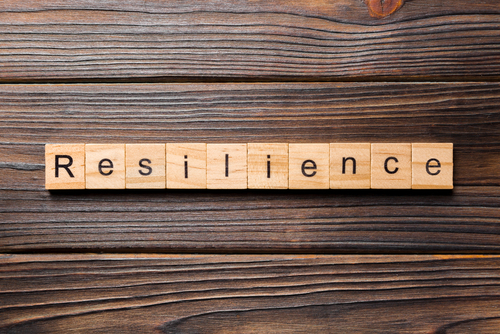Health crises, natural disasters and other unforeseen emergencies can strike anywhere and at any time without notice. However, investing in resilience within business can reduce losses and damages in cases of disasters and difficult circumstances, such as the COVID-19 pandemic.
Amid the outbreak situation is now more important than ever to strengthen occupational safety and health systems in order to build resilience and face future crises.
According to International Labour Organization, safety and health in the workplace have been massively affected due to the coronavirus. As explained, building up resilient occupational safety and health (OSH) systems is essential to deal with crises, which occur without warning, create new risks for the workforce and exacerbate existing ones.
Namely, crises like the coronavirus pandemic, test the capability and resilience of public health and OSH systems. In the present crisis, workers and employers were not only suddenly faced with the urgent threat of the virus, but confronted with many other risks and issues that required an effective response.
It is therefore of major importance to build up resilient national OSH systems that are able to absorb unforeseen threats and cope with new risks, while continuing to protect workers from the many existing OSH hazards and ensuring the continuity of economic activity.
… ILO added.
While the broader public health systems have the ultimate responsibility for preventing the spread of the COVID-19 virus or other public health crises, the action of the actors in the world of work, and particularly in the field of OSH, has been crucial in the emergency response.
Indeed, the world of work has been heavily affected by the crisis and OSH actors have been uniquely positioned to respond to the threats that specific sectors face. It is therefore crucial for the wider national emergency response to integrate the OSH response within its national emergency preparedness and response plans in the face of such crises.
To complement the OSH Act, the regulatory framework might also include:
- laws and regulations, covering specific sectors or hazards and defining the mandatory minimum standards and objectives for hazard control, safe levels, training, etc.;
- codes of practice and technical standards, complementing the law by providing more specific guidance to employers (and workers) on how to comply with the law;
- collective bargaining agreements, resulting from negotiations between employers (and their organizations) and workers (and their organizations).
During times of crisis, new regulations, codes of practice and collective agreements may need to be developed and adopted, as appropriate. Regulations and guidelines should also, when applicable, take a sectoral approach, taking into account the different levels and types of risks workers face in various sectors (and the specificities for workers in micro-,small, and medium-sized enterprises), as well as the appropriate policy responses and OSH measures.
As ILO added, building a sound OSH management system in the workplace is also essential for a timely and effective response during a public health crisis, such as the COVID-19 pandemic. To implement such a system, policies and regulations should require employers to ensure the following key elements, among others:
- hazard identification and risk assessment
- implementation of prevention and control measures
- training and information for workers
- surveillance of workers’ health
- emergency prevention, preparedness and response
- recording, documentation and notification of OSH information
- investigation of occupational accidents and diseases
- consultation and cooperation with workers’ representatives
All these elements are important for the protection of workers’ health and safety in normal times, but they become even more critical during emergencies. This theme will be further developed in the following chapters. In addition, governments need to provide specific guidance for employers and workers to address and manage the new hazards and risks that have emerged during the crisis.
There could be no clearer demonstration of the importance of a strong, resilient, occupational safety and health environment. Recovery and prevention will require better national policies, institutional and regulatory frameworks, properly integrated into crisis response frameworks.
…said ILO Director-General, Guy Ryder.
Overall, investment in resilient systems contributes to a strong OSH system at the national level – a system that is prepared to respond to crises, major industrial accidents, natural disasters and other unforeseen challenges.
































































